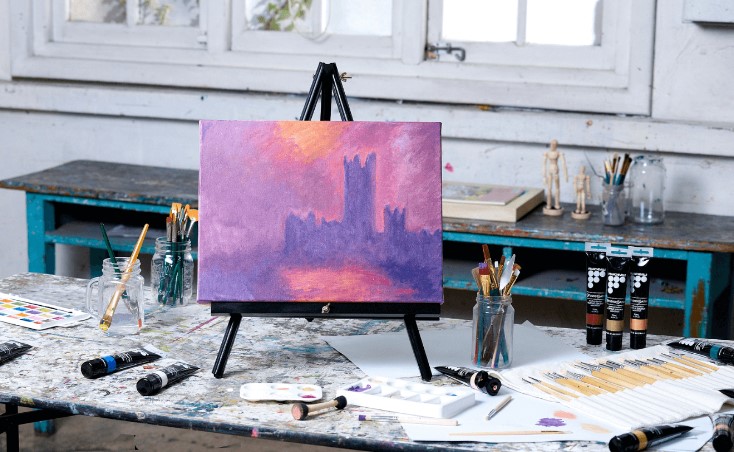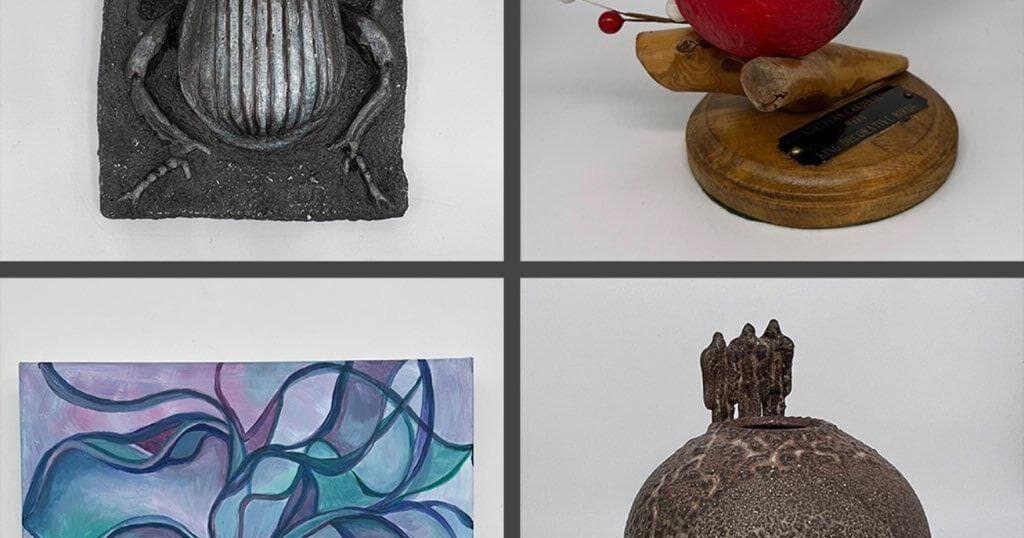
Tips for Painting on Canvas: Unleashing Your Creative Potential
Introduction
Embarking on a canvas painting journey is an exhilarating experience, and mastering the art requires a combination of technique, creativity, and passion. In this comprehensive guide, we’ll explore Tips for Painting on Canvas, providing you with expert advice, hands-on insights, and a wealth of information to enhance your artistic endeavors.
Understanding Canvas Materials
Choosing the Right Canvas
Selecting the appropriate canvas sets the foundation for a successful painting. Consider the texture, size, and material. A finely woven linen canvas can provide a smoother surface, while a coarse cotton canvas adds texture to your work.
Priming Your Canvas for Perfection
Before diving into your masterpiece, ensure your canvas is primed. This step seals the canvas, preventing paints from seeping through and influencing the longevity of your artwork.
Essential Painting Tools
Brushes: Your Artistic Wands
Invest in quality brushes. A variety of shapes and sizes offer versatility. From fine details to broad strokes, having the right brush empowers your artistic expression.
Palette: Your Color Playground
Your palette is the artist’s playground. Organize colors systematically and experiment with combinations. A well-organized palette enhances your workflow and creativity.
Color Theory Magic
Creating Harmonious Color Palettes
Understanding color theory is crucial. Experiment with complementary and analogous colors to create harmonious palettes that resonate with your artistic vision.
The Impact of Color Temperature
Master the subtleties of warm and cool colors. Harnessing the power of color temperature adds depth and emotion to your paintings.
Mastering Brush Techniques
Blending Brilliance: Wet-on-Wet Technique
The wet-on-wet technique allows colors to seamlessly blend on the canvas. Embrace this method for creating smooth transitions and atmospheric effects.
Precision in Every Stroke: Dry Brush Technique
Contrastingly, the dry brush technique involves using minimal paint for textured, detailed strokes. Perfect for adding highlights and intricate details.
Tips for Painting on Canvas
Embracing Mistakes as Opportunities
Mistakes are stepping stones to creativity. Learn to adapt and turn perceived errors into unique features, adding character to your artwork.
Capturing Depth with Layering
Layering paints creates depth and dimension. Experiment with translucent layers to achieve a sense of space and complexity in your paintings.
Exploring Different Styles
Realism vs. Abstract: Finding Your Voice
Decide whether to embrace the realism of detailed scenes or delve into the abstract, letting your emotions guide your brushstrokes.
Impressionism: Conveying Emotion Through Brushstrokes
Impressionism focuses on the essence of a scene. Capture the mood and atmosphere through loose, expressive brushstrokes.
Light and Shadow Dynamics
Adding Life with Strategic Highlights
Strategic highlights bring your paintings to life. Identify light sources and apply highlights to create a dynamic interplay of light and shadow.
Creating Drama with Shadows
Mastering shadows adds drama and depth. Experiment with shadow placement to evoke emotion and enhance the visual impact of your artwork.
Composition Secrets
The Rule of Thirds: A Timeless Framework
Divide your canvas into thirds both vertically and horizontally. Placing key elements along these lines creates balance and visual interest.
Balancing Elements for Visual Harmony
Achieve visual harmony by distributing visual elements evenly. Experiment with proportions and placements to find the perfect balance.
Maintaining Your Brushes
Cleaning and Storing for Longevity
Proper brush care ensures their longevity. Clean brushes thoroughly after each use, and store them in a way that maintains their shape and quality.
Recognizing When to Retire a Brush
As brushes age, they may lose their effectiveness. Know when to retire a brush to maintain the quality of your work.
FAQs: Your Burning Questions Answered
How do I choose the right canvas size?
Select a canvas size based on the complexity of your subject. Larger canvases provide space for intricate details, while smaller ones work well for simple compositions.
What is the significance of primer in canvas painting?
Primer seals the canvas, preventing paint absorption. It ensures that paint adheres well, enhancing color vibrancy and longevity.
Can I mix different paint brands on the same canvas?
While possible, it’s advisable to stick to one brand for consistency in color and quality. Mixing brands may result in variations in texture and finish.
How can I prevent my colors from blending into mud?
Allow layers to dry before adding new ones. Understanding color properties and using a limited color palette can also prevent colors from blending into an undesirable hue.
Is it necessary to follow color theory rules strictly?
While understanding color theory is essential, artistic freedom allows for experimentation. Feel free to bend or break the rules to achieve your desired effects.
What are the advantages of palette knife painting?
Palette knife painting adds texture and imparts a unique style. It allows for bold, expressive strokes and can create captivating textures in your artwork.
Conclusion
Embark on your canvas painting journey armed with these Tips for Painting on Canvas. Unleash your creativity, experiment with techniques, and let your artistic voice resonate. Elevate your artistry and paint a vibrant and expressive future on every canvas.





